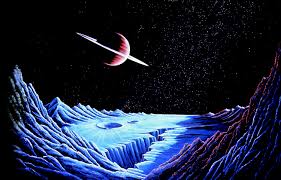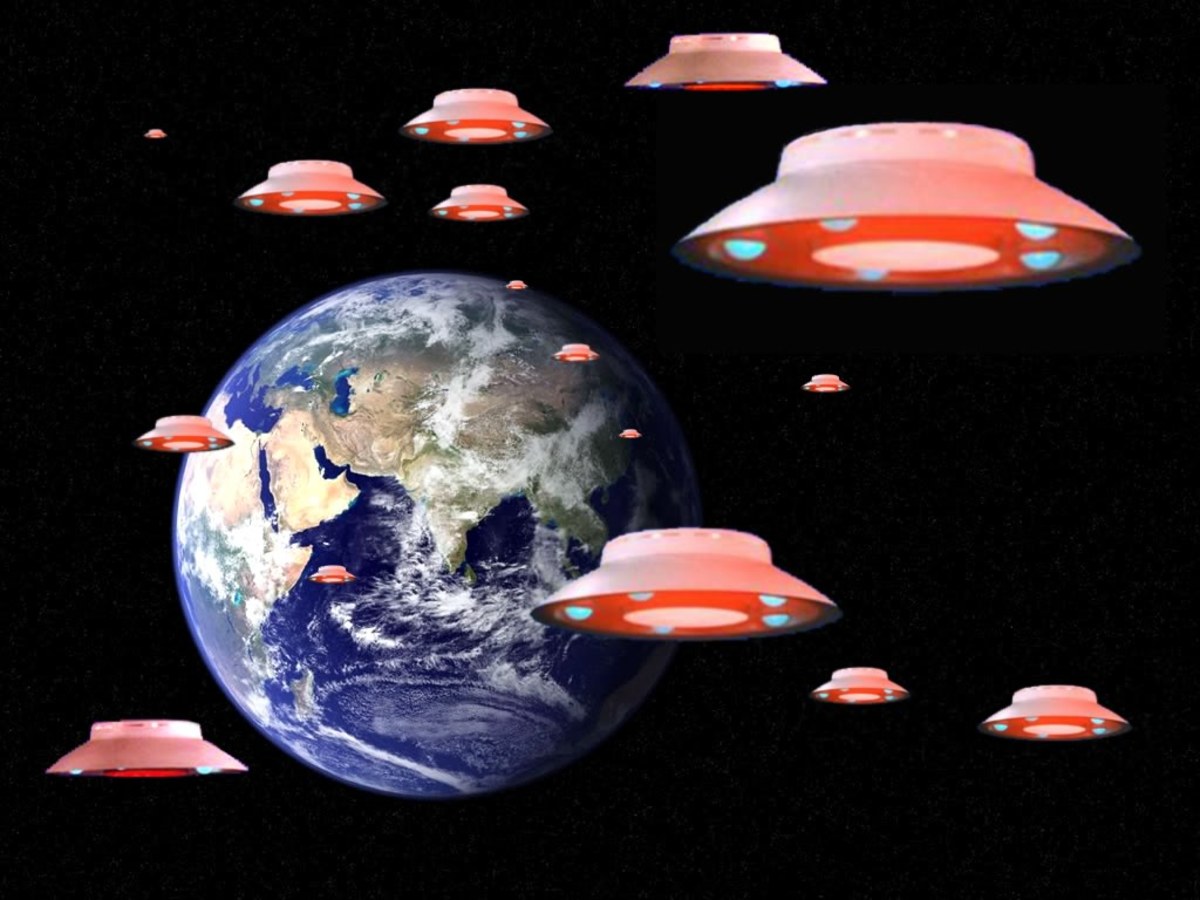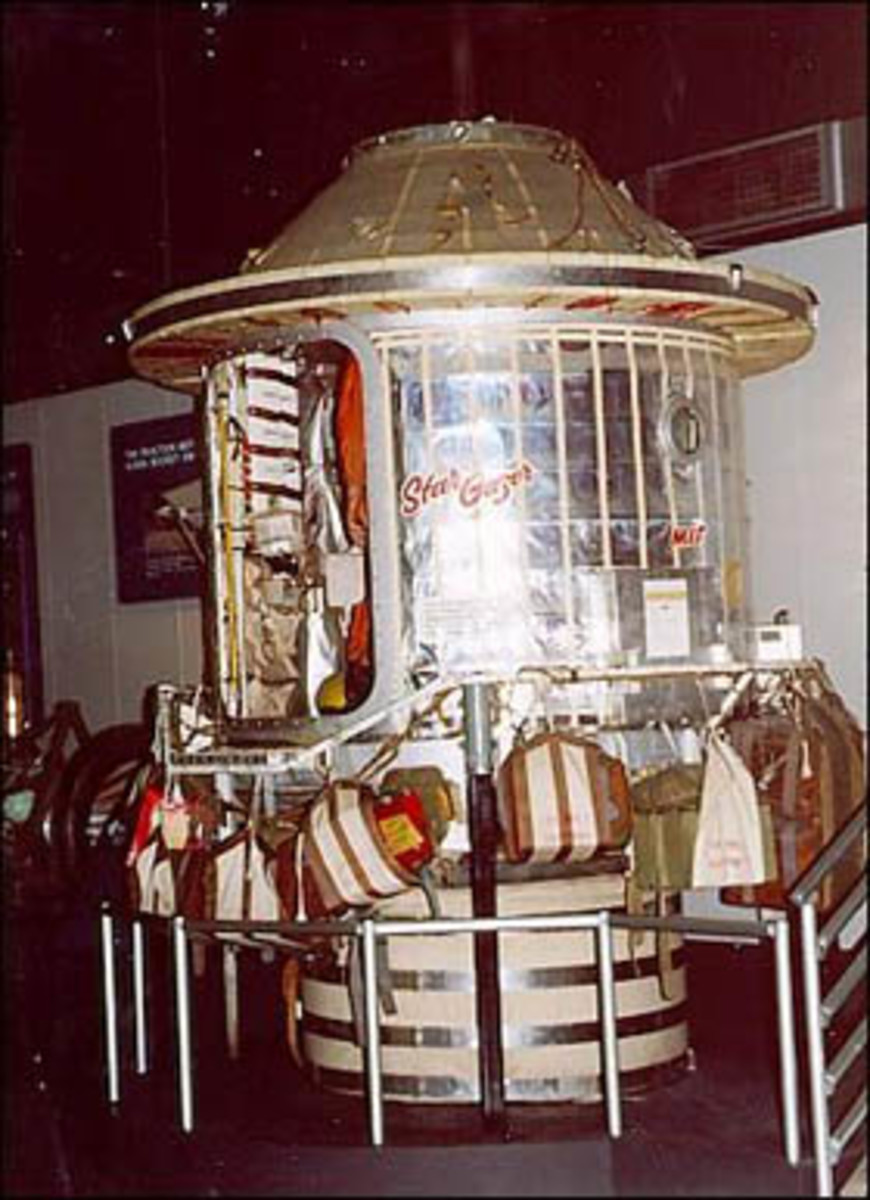The Purpose of Science Fiction

Inspired by the stars
Mankind has always been inspired by both space and technology; those two forces make up what know as Science fiction.
Whether it's George Lucas with 'Star wars' or H.G Wells with 'The War of the Worlds' we have always been inspired and influenced by Science Fiction; that's what makes it such a powerful medium.
I've always loved seeing foreign planets with weird and exotic races. Sci-Fi always captures your imagination but what is Sci-Fi really about?
Aside from alien worlds and advanced technology, is there a deeper purpose to Science Fiction as a medium?
The purpose of Sci-Fi
Isaac Asimov, one of the most brilliant Science Fiction writers, defined his genre into three sub-genres; Adventure, gadget and social Science Fiction.
Asimov may be right but I would go further and break Science Fiction down into two definitions. The purpose of Science Fiction is to:
- Inspire towards the future
- Reflect a current social issue
There may be exceptions but generally Science Fiction will fall into one of those two categories.

Inspire towards the future
I'll start with the first one, inspire towards the future. This is the idea that most people would have of Science Fiction. This is the Sci-Fi that deals with space ships and all matter of advanced technology. For some it's just fiction but for others space ships and other worlds aren't just a fantasy concept but in fact something that mankind should be striving towards.
Past Science Fiction works have had a huge impact in shaping our future And you may not even realise it! Just look at work such as '2001: Space Odyssey' and you can easily see the influence it has had on our technology. '2001' redefined what space travel was to mankind and you can see the influences it had on the early space stations and space shuttles of the seventies and eighties.
Another example is 'Neuromancer' by William Gibson. This Sci-Fi novel from 1984 paved the way for what we now know as the internet by coining terms such as 'Cyberspace'. The internet wouldn't be the popular and ever present resource that it is today without this novel.
If you're looking for other influential Science Fiction works I suggest you look up:
- Star Trek: The Original Series
Star Trek communicators were the inspiration behind cell phones from the nineties and 2000's. Aside from the communicator, Star Trek served to inspire various pieces of technology.
- 20,000 Leagues under the sea by Jules Verne
20,000 Leagues saw the very first use of a submarine, almost 100 years before the it was physically invented. Jules Verne is often considered a prophet of Sci-Fi.
- The world set free by H.G Wells
'The world set free' is H.G Wells' prediction of the use of Atomic power and its effect in warfare. This book is eerily prophetic of how Atomic power was used.
Science Fiction has always been there to push on, to broaden our minds to new ideas and innovations. A lot of the time Sci-Fi is the origin of creativity but that is not the only purpose it serves.

Reflect Social Issues
This form of Sci-Fi is a little more complicated and I'm sure a few of you readers are already confused by what I mean. Let me explain really quickly.
Sci-Fi that reflects social issues uses modern day issues that we see around us as the concept of a Sci-Fi plot. Still not following?
One example of Social Sci-Fi is the movie 'District 9' by Neill Blomkamp. The film follows a race of aliens that come to Earth as refugees. The movie is an overview of how we perceive asylum seekers in the real world. By giving the cause a fictitious scenario, Blomkamp actually raised more awareness for the issue and broke down barriers for this issue.
Using contemporary themes in Science Fiction is as old as Science Fiction itself. You can see it in work as early as 'War of the Worlds' by Wells. War of the worlds may seem like an ordinary story of aliens invading Earth but it is far from just being that! Wells' wrote the story as a commentary on the colonization of America. A race of creatures invading your land with advanced technologies and weaponry? Guns and ships would look pretty alien to a culture that has never experienced that sort of technology before. That's exactly what colonization would look like to any native folk; an 'alien' invasion. This issue may have been considerably before Wells' time but it was still a relevant issue.
Are you starting to see how Science Fiction can reflect social issues?
Social Sci-Fi is brilliant! Not only does it make you consider current issues but it often makes you consider the long term effect that these issues may have. It breaks barriers between controversial issues and gives the audience a new perspective on the situation.
In the past, Social Sci-Fi was used to promote anti-nuclear or anti-communist propaganda. Classic Sci-Fi films such as 'The day the Earth stood still' or even 'Godzilla' have really strong anti-nuclear themes. That was the issue of the day, so that is what Science Fiction presented.
Social Sci-Fi is not used nearly enough, especially with the amount of controversial issues that are being covered in the media. As I said before, Science Fiction is a very influential medium.
The purpose of Sci-Fi
I know that there are many more meanings to Science Fiction than I just mentioned but I've always seen the two sub-genres stand out to me; Inspirational and Social Sci-Fi.
The two sub-genres have had a huge impact in the world of fiction, whether it's District 9 breaking down barriers with social issues or Jules Verne inventing the submarine, Science Fiction has influenced our culture heavily.
We tend to look to the future and ponder our place in it. Sci-Fi helps us to do that, to see where we could be. It also helps us to look at the present, to see issues in a new light. This is why I believe Science Fiction is the most underrated genre of all time. No one realises how powerful it really is.
Science Fiction has always been a big part of my life. Out of all the fiction I've seen or read, Sci-Fi is the genre that has always influenced me the most. Whether it's Star Wars or Asimov, I have always loved Science Fiction, which is why I'm studying the genre before I start writing my own Sci-Fi stories and novels. Keep an eye out for any future posts I may have on this topic.
I know that everyone will have different opinions and I'd love to hear them! If you've got something to add or a different opinion, leave a comment below.
-Chris Gutteridge








